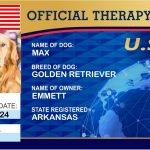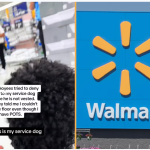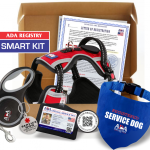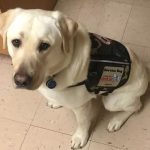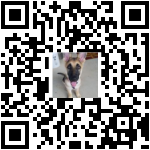County shelter
April 17, 2020
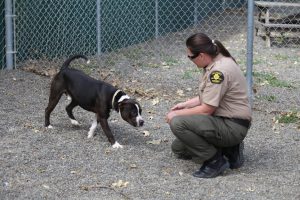
It has been exciting and terrifying at the same time.
This is how Supervising Animal Services Officer Stephanie Amato describes how the Yolo County Animal Shelter is adjusting to changes brought on by the coronavirus outbreak.
The statewide shelter-in-place order has caused a ripple effect at animal shelters across California. Some have cleared out their facilities entirely, either by way of adoption or foster homes for dogs, cats and other furry friends.
Yolo County is not quite there yet, but Amato noted that the numbers are dropping.
The shelter was already in the process of “rebuilding our programs” after parting ways with the local SPCA in July 2018. This groundwork made it easier to alter the process in light of COVID-19.
In response to the county’s shelter-in-place order, the shelter closed its gates to the public to lessen foot traffic at the East Gibson Road facility.
This does not mean services have stopped, only changed to meet new health guidelines. People can still arrive at the facility and call the interior line posted on signage at the gate for assistance.
“After we closed the gate physically, we went out on social media stating that we needed foster homes,” Amato said. “Within the first two days we got 75 new foster applicants.”
Volunteers have been coming in to host “virtual fosters” as well as “virtual adoptions” to screen potential pet parents.
“We really like to think outside the box,” Amato explained.
And it seems to be paying off.
As of April 10, there were 18 dogs in foster homes, 14 dogs on site waiting on legal stray hold or rescue request for behavior/medical conditions. There were no cats on site, leaving the cat building empty. The shelter has seen 20 adoptions since the gates closed; 18 dogs and two cats. Meanwhile, 37 animals were transferred to rescues; 22 dogs, three cats and eight others.
Amato clarified that the numbers at the shelter were manageable before COVID-19.
Another change that happened was the shelter can no longer spay or neuter animals because it is considered a non-essential service under shelter-in-place orders. The shelter contracts with UC Davis to provide veterinary services, which will continue but only for animal emergencies. This is partly due to the shortage of masks, gloves and other personal protective equipment for medical staff across the U.S.
People will be able to bring their animals back to the shelter once things return to normal to have their animals spayed or neutered, Amato emphasized.
Meanwhile, Animal Services officers out in the field are wearing masks and gloves and maintaining social distance during calls.
“The volume of calls ebbs and flows with the weather,” Amato said, noting some days they can be busy for seven hours straight while others can be slow.
When calls come in dispatch has been “screening the household” in terms of health before interacting with that caller.
Check Out Our Store


